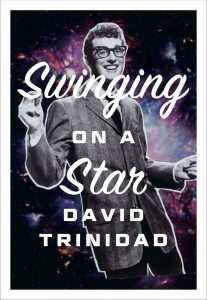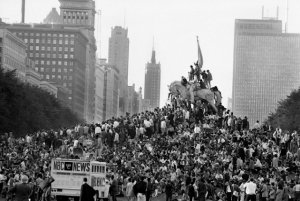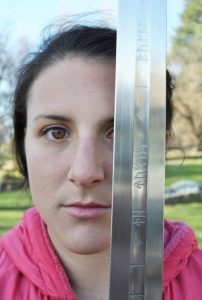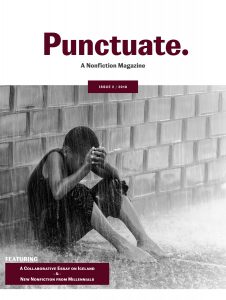 Last week, an article in the New York Times described the opening of a time capsule that had been placed in a monolith in the town square fifty years ago by the children of the city of Cherepovets, Russia (then the Soviet Union). The occasion of the placement of the capsule was the fiftieth anniversary, in 1967, of the Soviet Revolution, with the expectation that its message would be read aloud by the “Comrades of the Future” on the one-hundredth anniversary of the USSR in 2017. The message read in part, “Stay true to Communism’s ideals, and fearless in the fight for welfare of the working man.” The fact that this month’s ceremony occurred almost two decades after the fall of Soviet Communism did not diminish the solemnity of the event. On the contrary, Matthew Luxmoore, the author of the piece, writes that this message “Elicited not a single smirk.” Indeed, the current residents of Cherepovets replaced the message from 1967 in the monolith with one of their own, boasting of their historical importance and current industrial production, that would have made Stalin smile. For a vision on our future, we need only look to the past.
Last week, an article in the New York Times described the opening of a time capsule that had been placed in a monolith in the town square fifty years ago by the children of the city of Cherepovets, Russia (then the Soviet Union). The occasion of the placement of the capsule was the fiftieth anniversary, in 1967, of the Soviet Revolution, with the expectation that its message would be read aloud by the “Comrades of the Future” on the one-hundredth anniversary of the USSR in 2017. The message read in part, “Stay true to Communism’s ideals, and fearless in the fight for welfare of the working man.” The fact that this month’s ceremony occurred almost two decades after the fall of Soviet Communism did not diminish the solemnity of the event. On the contrary, Matthew Luxmoore, the author of the piece, writes that this message “Elicited not a single smirk.” Indeed, the current residents of Cherepovets replaced the message from 1967 in the monolith with one of their own, boasting of their historical importance and current industrial production, that would have made Stalin smile. For a vision on our future, we need only look to the past.
This month, we at Punctuate are celebrating the first anniversary of the publication of our first print issue with the publication of our second print issue. Among the features in our online offering for November is an interview with novelist Shawn Shiflett, whose autobiographical novel, Hey, Liberal! is set in Chicago in the months following the assassination of Martin Luther King in 1968. In her essay, “What to Eat When You Are Rich,” Japanese essayist Kaori Fujimoto looks back two decades to the lean years of her twenties in New Mexico. Paula Carter reflects upon her memoir No Relation about step-families and lost relationships in an interview with Sadaf Ferdowsi. And, on our Semi;Colon blog, assistant editors MacKenzie Trowbridge and Ishah Houston opine on the writer’s self and her perception in the world.
Ian Morris, Managing Editor

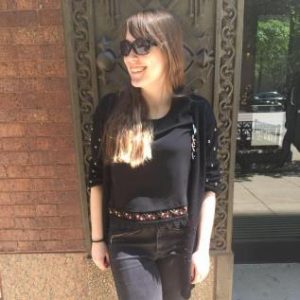
 L
L
